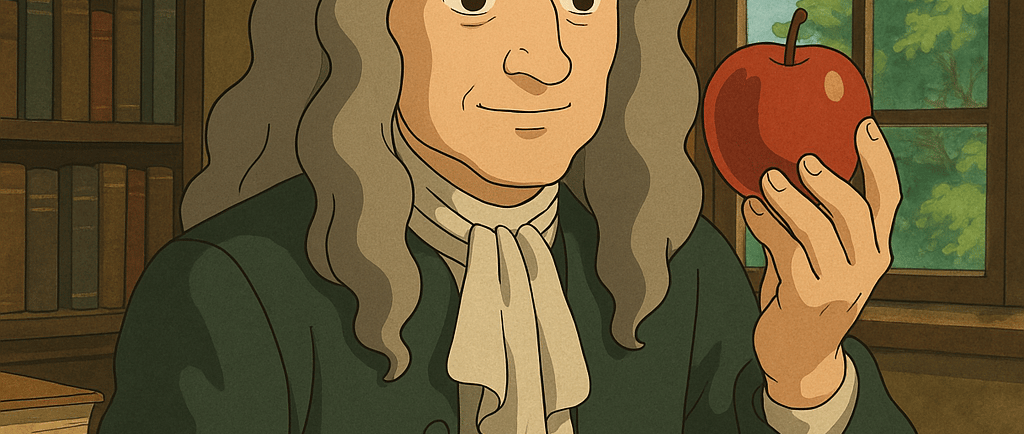The Inspiring Life of Sir Isaac Newton: The Man Who Redefined the Universe


Sir Isaac Newton, born on January 4, 1643, in Woolsthorpe, England, was not just a brilliant scientist—he was a symbol of human potential, curiosity, and resilience. His life story is a journey from a troubled childhood to becoming one of the most influential figures in the history of science.
Humble Beginnings and Early Struggles
Newton was born prematurely and was so small that no one expected him to survive. His father had died before he was born, and his mother remarried, leaving young Isaac with his grandparents. This early sense of abandonment shaped his solitary and introspective nature.
Though he was not an exceptional student in his early school years, Newton was deeply curious. He built miniature windmills and mechanical contraptions as a child—early signs of his inventive genius.
The Breakthrough Years
Newton enrolled at Trinity College, Cambridge, where he immersed himself in the works of great thinkers like Descartes, Galileo, and Kepler. During the Great Plague of 1665, the university shut down, and Newton returned home. This period, often called his “Annus Mirabilis” or “Year of Wonders,” became the most productive phase of his life.
In isolation, Newton:
Formulated the laws of motion
Developed the universal law of gravitation
Invented calculus (independently of Leibniz)
Made groundbreaking discoveries in optics
The story of the apple falling from a tree, which sparked his thoughts on gravity, became a legend. Whether myth or truth, it symbolized Newton’s extraordinary ability to find profound truths in simple observations.
The Philosopher and Mathematician
Newton published his most famous work, Philosophiæ Naturalis Principia Mathematica (1687), often simply called the Principia. In it, he laid out the laws of motion and universal gravitation, providing a mathematical framework that explained both celestial and earthly phenomena.
This work transformed the way humans understood the universe. Newton’s laws remained unchallenged for over two centuries until Einstein introduced the theory of relativity.
Character and Challenges
Despite his towering intellect, Newton was known to be deeply private, fiercely competitive, and sensitive to criticism. He had famous rivalries, especially with Robert Hooke and Gottfried Wilhelm Leibniz, the latter over the invention of calculus. Yet, he never let these disputes stop his pursuit of knowledge.
Newton also dabbled in alchemy and theology, spending more time on these subjects later in life than on science. He was deeply spiritual, believing that understanding the universe was a way to understand God’s design
Legacy and Lessons
Newton became the President of the Royal Society and was knighted by Queen Anne in 1705, becoming Sir Isaac Newton. He died in 1727, and his remains were buried in Westminster Abbey—a rare honor for a scientist.
His life teaches us:
Curiosity can turn ordinary moments into extraordinary discoveries.
Isolation and struggle can lead to brilliance if we use the time wisely.
Great minds are shaped not only by talent but by resilience, introspection, and hard work.
Sir Isaac Newton once said, “If I have seen further, it is by standing on the shoulders of giants.” Yet, in truth, he became the giant upon whose shoulders generations of scientists still stand.
Newton’s life remains a shining example of what the human mind can achieve with imagination, dedication, and an unyielding thirst for knowledge.
